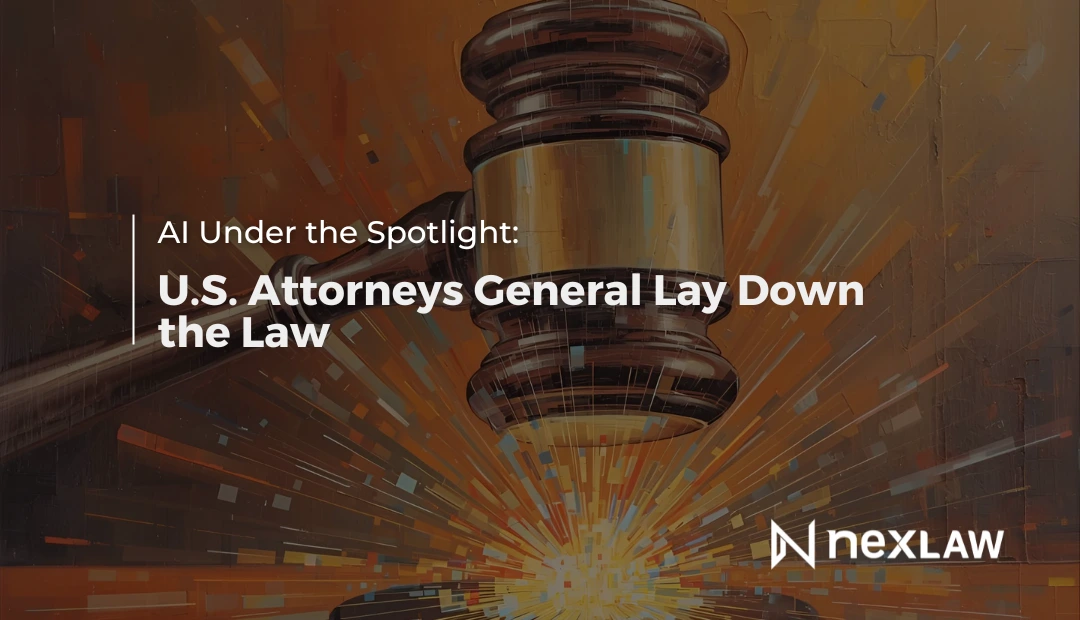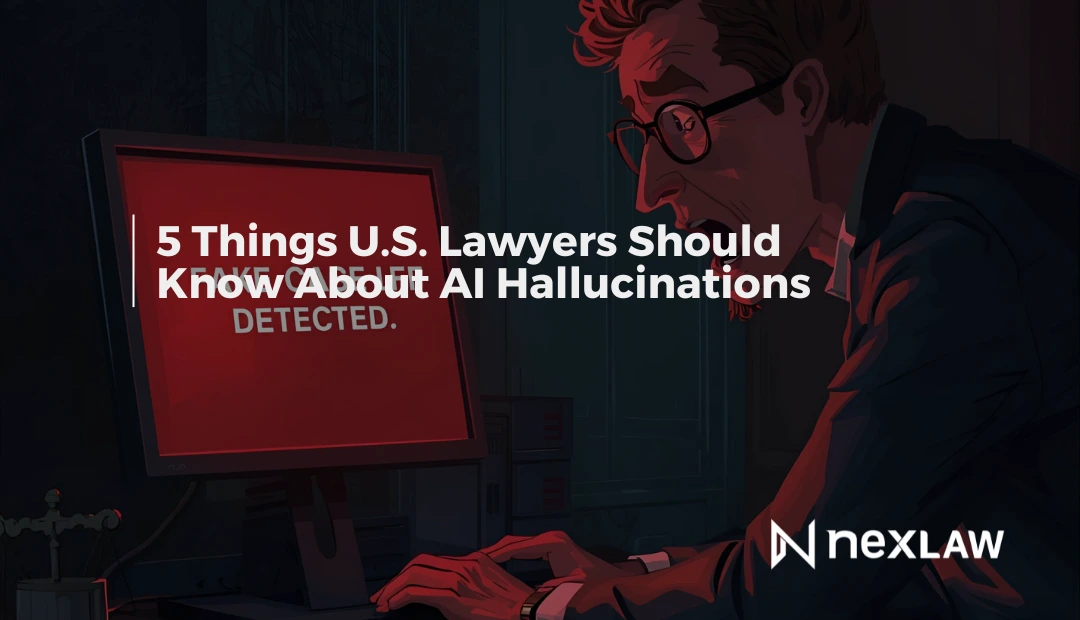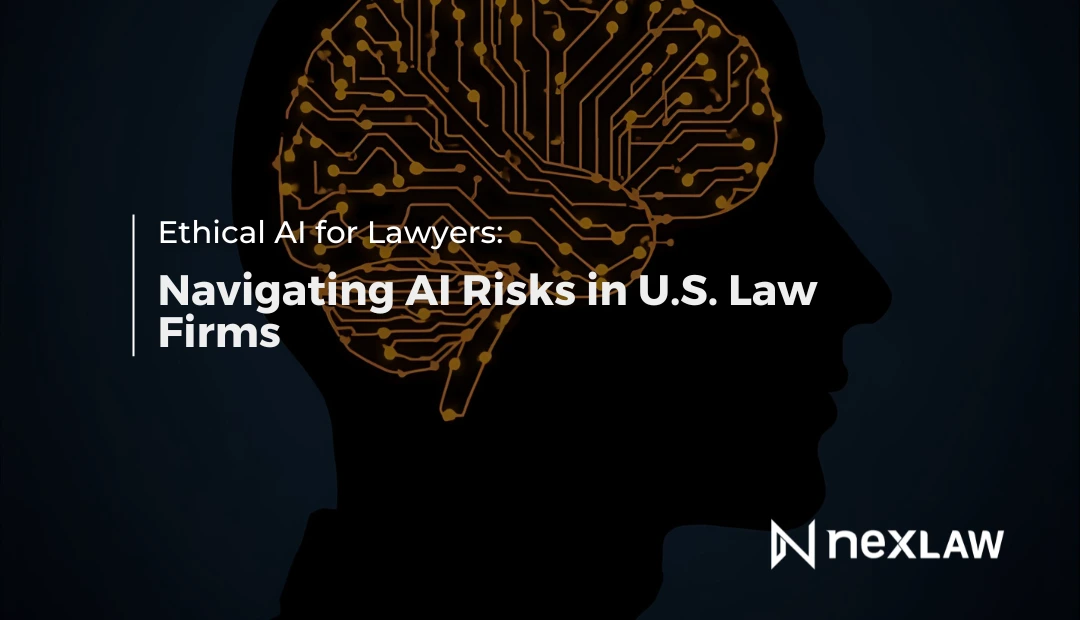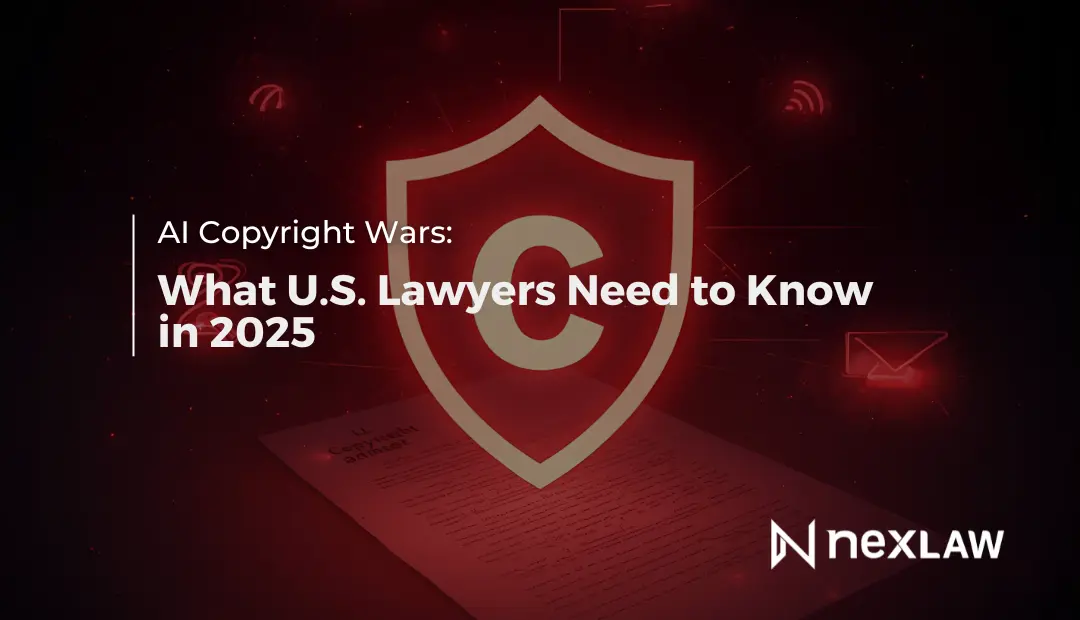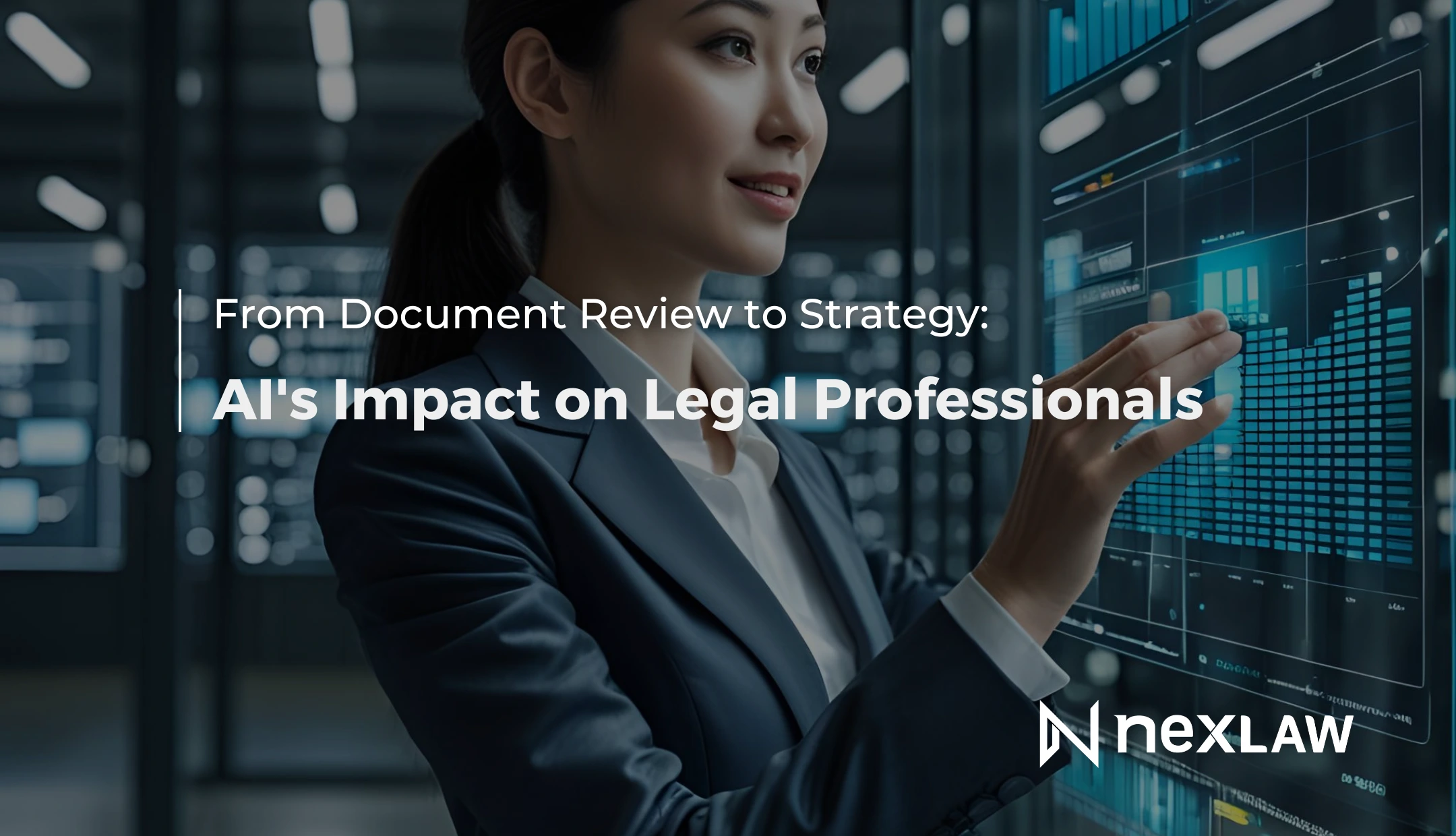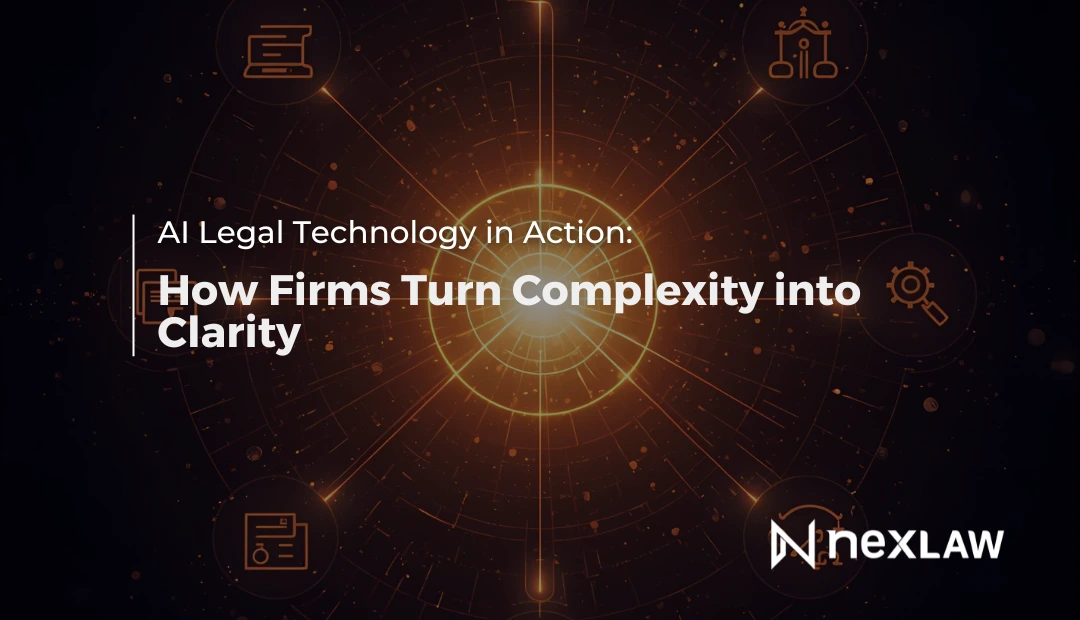AI Compliance for Litigators: How to Use AI Ethically and Avoid Sanctions
Recent statements from U.S. Attorneys General, coupled with the ABA’s Formal Opinion 512, highlight that generative AI tools are under scrutiny. Courts are issuing sanctions when lawyers file briefs with fake cases, misquotes, or improper citations. Rather than waiting until an error becomes costly, litigators can take proactive steps to use AI in an ethical, defensible way.
This guide turns risk into opportunity. You will learn exactly how to set up your AI workflow, what the ABA requires, a checklist you can implement today, and how NexLaw’s built-in safeguards solve these problems.
Unlock Legal Insights Instantly!
What the ABA Opinion Requires
In July 2024 the American Bar Association issued Formal Opinion 512 titled Generative Artificial Intelligence Tools. It lays out when and how lawyers may use AI tools ethically:
- Competence (Model Rule 1.1): You must understand the tool, its limits, and how its output is generated. American Bar Association
- Confidentiality (Model Rule 1.6): AI use must not expose client secrets. If you upload confidential documents you need informed consent or ensure the tool handles data properly. The Florida Bar
- Candor to the Tribunal (Rule 3.3): If AI helps generate something inaccurate, you are still responsible for what goes on the record. Misrepresentations—even unintentional—can lead to sanctions. Reuters
- Supervision (Rules 5.1 & 5.3): Lawyers must ensure associates, paralegals or support staff using AI are trained and overseen. New York City Bar Association
Lessons from AG Warnings & Court Cases
- Attorneys General across multiple states are emphasizing enforcement of existing professional rules rather than creating entirely new laws. Reuters
- Courts have already begun sanctioning attorneys who submit filings citing fictitious or misquoted cases generated by AI. Once discovered, corrections often do not suffuse the damage.
- AGs and ethics boards are concerned not only with incorrect content, but with transparency: whether clients were informed, how data was used, and whether there is a way to trace who generated what.
Compliance Checklist for Using AI Tools in Filings
Here is a checklist you can apply to your AI workflows to reduce risk of sanctions and ensure ethical use:
- Tool vetting: Confirm that the AI tool you use provides source verification, citation trails, and does not retain client data for training without disclosure.
- Informed consent: If you upload confidential or privileged documents into AI, get client consent or ensure strict confidentiality and data handling.
- Jurisdictional controls: Restrict AI outputs to authorities in your court or jurisdiction. Avoid generic or out-of-jurisdiction case law unless you verify.
- Human verification: Always review drafts generated by AI. Check every citation, fact, and quotation.
- Audit trails: Maintain logs of prompts used, versions of drafts, who reviewed, and when.
- Transparency: Where required, disclose AI usage to clients or the court as appropriate.
- Supervision and education: Train your team so that everyone understands AI’s strengths and limits.
Exactly How NexLaw Solves These Compliance Challenges
NexLaw is built for compliance from day one. Here’s how its features map to the risks raised by AGs and the ABA:
| Compliance Risk | How NexLaw Solves It |
|---|---|
| Hallucinated Citations | NeXa provides source-linked answers and flags questionable citations. |
| Confidentiality Breach | ChronoVault 2.0 ensures zero data retention for training models. |
| Lack of Supervision | TrialPrep has built-in attorney review checkpoints for all drafts. |
| No Audit Trail | The entire NexLaw suite logs prompts, versions, and reviewer approvals. |
| Jurisdictional Errors | NeXa includes jurisdiction filters to keep results relevant and accurate. |
Proactive Implementation Steps for Litigators
To build trust and avoid regulatory headaches:
- Develop a written AI policy for your firm: define who can use AI, for what tasks, how output must be reviewed.
- Use the AI compliance checklist from above on every motion or pleading you file.
- Keep up to date with state bar ethics opinions and AG announcements, especially Formal Opinion 512.
- Document your AI workflow: which AI tool was used, what prompts were given, edits made, who reviewed.
- Institute billing transparency: if AI speeds work, adjust your billing or disclose the efficiency if client or court expects it.
When AI Is Used Properly, the Risk Becomes an Advantage
Here’s a real-world example:
Without NexLaw: A firm uses a general-purpose chatbot, uploads a client’s brief, and gets back a motion filled with hallucinated cases. One goes unnoticed and is cited in court. The judge imposes sanctions and reputational damage follows.
With NexLaw: The same firm uses NeXa for research. All citations are verified. They organize documents using ChronoVault 2.0, then build their motion using TrialPrep, which includes built-in review checkpoints. The filing is accurate, defensible, and fast.
Litigate with Confidence. Start Your AI Compliance Journey Now.
NexLaw helps U.S. law firms meet today’s ethical and legal standards for AI use.
Start your 3-day free trial—no credit card required Or unlock 7-day full access—credit card required Book a demo call with our legal tech compliance experts
Promo Codes You Can Use:
- Use code OCTSAVE40 → Get 40% off Annual Prepaid plans
References & Quotes
“A lawyer may ethically utilize generative AI but only to the extent that the lawyer can reasonably guarantee compliance with the lawyer’s ethical obligations.” —ABA Formal Opinion 512 The Florida Bar
“Lawyers must guard against ethical lapses if they use generative artificial intelligence in their work.”—Reuters summary of ABA guidance Reuters
